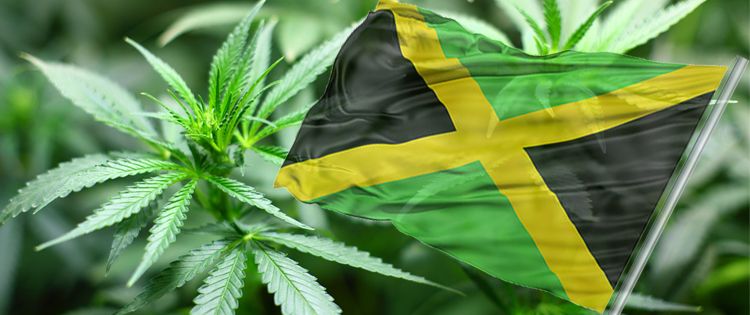One of the greatest ironies of the marijuana business – is where the industry has re-established itself in the aftermath of legalization. Just as Colorado was always known for its “Rocky Mountain High,” so too is Jamaica and it is here that it is re-claiming its roots.
Cannabis in Jamaica is woven into national identity and culture. Even those who do not appreciate reggae know who Bob Marley is and associate him with his predilection for ganja.
In the new age after prohibition, there is huge potential to create new forms of revenue if not jobs for a country where most still live in poverty. So how is the movement impacting Jamaica? Lets take a look.
Legalizing Rastafari Tradition
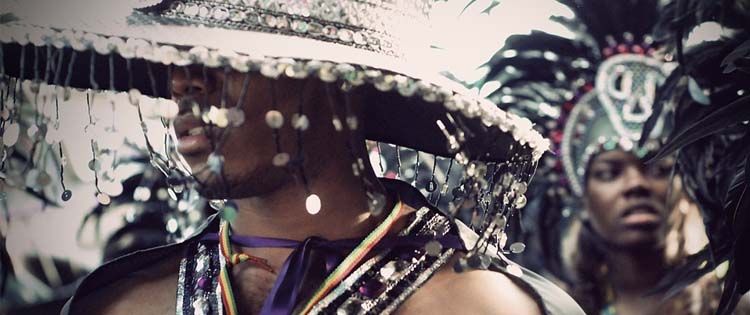
As every reggae fan knows, ganja, as the herb is widely known in Jamaica. It is a staple of the religious sect – the Rastafaris, who use the drug (like other sects including the Sufis) to open the mind to a greater awareness.
That said, the Jamaican government banned marijuana almost a century ago as at the time, it was seen as a “dangerous” threat to political authority. Emboldened, however, by quickly changing pot laws in the U.S., authorities here decided to take a new approach. Prohibition here, as a result, is now a thing of the past.
Jamaica is not the only country where this happened, Turkey, India, and Egypt were all similarly impacted. It is Jamaica, on the other hand, who seems to be the first such affected country which decided to address the issue with full blown legalization and regulation.
Turkey, by contrast, perhaps impacted by the relatively smooth transition seen in Jamaica, only began the same process this October.
Life After Legalization
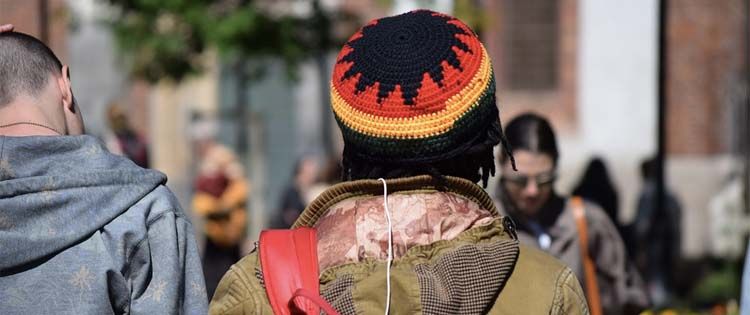
Cannabis in Jamaica was legalized in 2015 with an amendment to its “Dangerous Drug Act”, admitting that both Prohibition had radically failed. It also established that the current reform efforts were as much to increase revenue as well as to cut down on black market activity.
This year in May, the government unveiled its first working regulations. Apart from the medical and commercial market this creates, native Jamaicans are able to cultivate up to five plants on their property. Both residents and visitors may possess as much as 2 ounces without fear of prosecution.
Initially, only medical tourists with existing certifications were allowed such freedoms, but this year, the government has opened the market to all comers.
Hemp will be regulated separately.
Impact In The U.S.
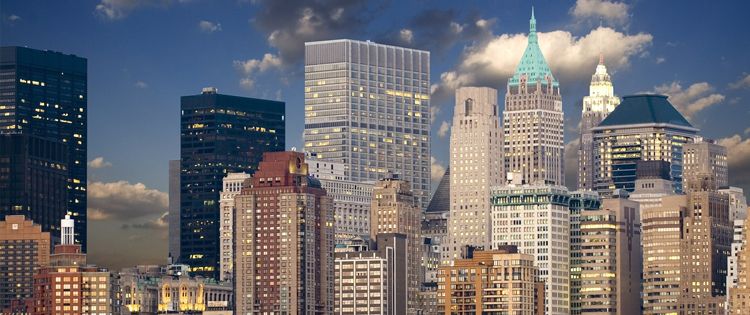
One of the first signs of how successful the Marijuana Revolution will be here, is how quickly U.S. firms rushed to take advantage of the new Jamaican laws. U.S. investors quickly snapped up rights to the Marley name, creating a separate brand – Marley Natural. The brand is aimed at high-end connoisseurs and to be marketed under his moniker in cooperation with the famous singer’s family.
A Denver-based medical group – United Cannabis, is working with American Native American tribes to develop canna-products. It became a 50% stakeholder in the Jamaica-based Cannabinoid Research and Development Co. Ltd.
Sooner rather than later, even American consumers who do not travel will be able to enjoy Cannabis in Jamaica.
The Tourist Trade
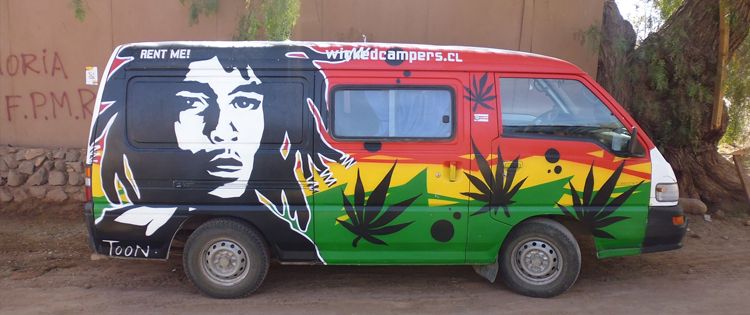
The most obvious place for Jamaica to boost its domestic sales are the tourists.
Even before reform, plentiful and cheap ganja was always relatively easy to obtain. To make this process even more efficient, regulators here decided to tempt them early and often. This June, the government agency overseeing cannabis regulation and distribution, the Cannabis Licensing Authority (or CLA), decided to allow cannakiosks. Just don’t try to take anything home with you!
The Jamaican government is also clearly trying to capitalize not just on regular but medical tourism. This is something that has essentially stalled in the United States (at least for now). Booked flights from the U.S. to Jamaica increased, at least according to a travel planning website. They jumped up by as much as 10% a month after the Jamaican government announced its new reforms.
Impact On The Local Economy
The regulated industry is expected to bring a huge economic windfall to Jamaica’s economy. It is expected that the government will be able to bring in an estimate of $500 million a year in tax revenue once the industry kicks off. To put this in perspective, Colorado earned $60 million in tax revenue during the first year after legalization.
In an era where marijuana crops mean not only locally grown profits but potentially exports, the Jamaican industry is clearly a valuable one, globally.
The industry is also expected to be a boon to employment here. Jamaica has historically had a very high unemployment rate – which is one of the drivers behind the island’s notorious crime statistics.
Will you visit Jamaica for your next Cannabis destination?
Share your Cannabis nations bucket list with us!
- Guenter Weiglein – The Persevering Patient - July 7, 2017
- Dr Peace – A German Cannabis Doctor On The Go - July 5, 2017
- The German Marijuana Edibles Market - July 3, 2017

